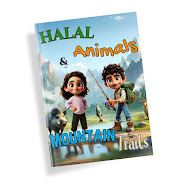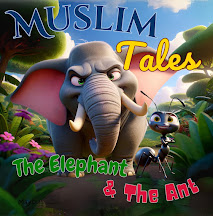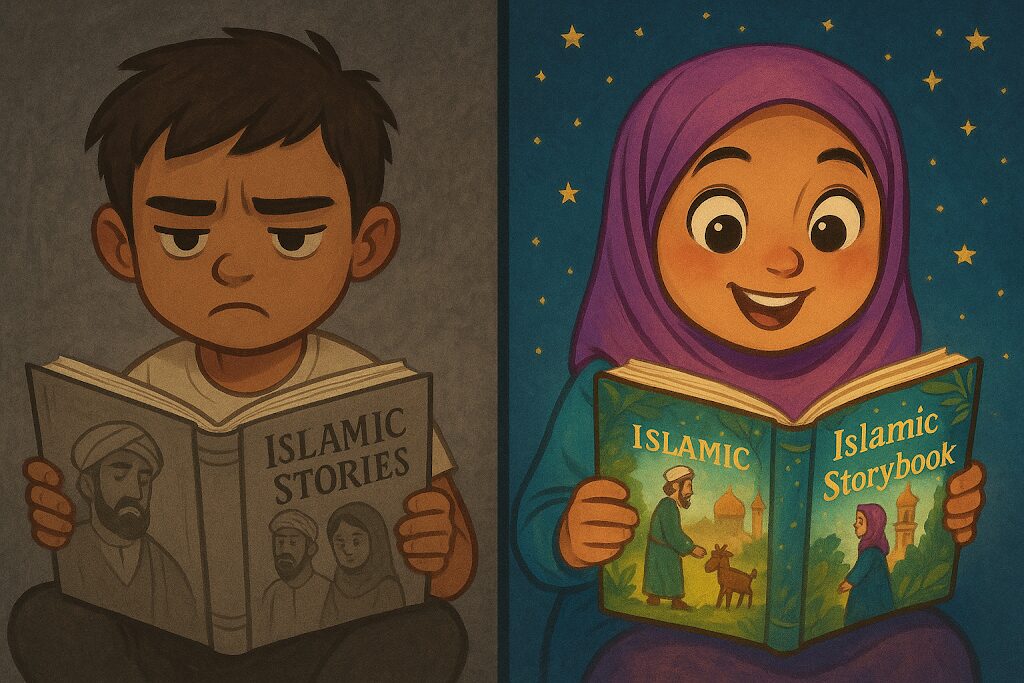Nature is one of the clearest signs of God.
The sky doesn’t shout it — it just stretches in silence.
The cliffs don’t preach — they just are.
The wind doesn’t argue — it simply moves, shaping stone over centuries, slowly carving out the land we now stand in awe of.
“Indeed, in the creation of the heavens and the earth are signs for those who reflect.”
— Qur’an, Surah Aal-Imran (3:190)
But Let’s Be Honest — Wonder Takes Energy
We want to take our kids hiking.
We mean to explore the trails, smell the trees, show them what untouched nature looks like.
But sometimes we’re tired.
Sometimes there’s laundry, errands, work deadlines.
And the thought of packing snacks, sunscreen, and shoes they won’t complain about?
Exhausting.
So we stay home.
But what if… that’s okay?
What if the wonder doesn’t have to disappear — it just needs a new form?
Storybooks Can Be a Trailhead, Too
That’s what we kept in mind when we created our new book on halal animals.
It’s not just about what’s permissible to eat.
It’s about the ecosystem they live in.
It’s about the rain that carved the cliffs they graze on.
The wind that shaped the valleys.
The earth that grew the grasses.
We wanted kids to see those details — not just hear about them.
That’s why we illustrated towering cliffs, windswept plateaus, and sparkling rivers.
And yes — we explain how those cliffs were formed over thousands of years through rain, erosion, and the quiet strength of wind.
Because science and spirituality don’t compete — they echo the same truth:
This is Allah’s creation, and it was made with wisdom.
Sometimes the Best Discoveries Happen From Bed
So if today wasn’t the day you made it out to the forest, that’s okay.
Crawl into bed.
Pull the blankets up.
Open a book that takes your child somewhere beautiful.
Let them learn how the cliffside they saw in a story was shaped by time and patience.
Let them ask, “Wait… is that goat halal?”
Let them wonder where rivers go.
Let them see signs of God — not just in verses, but in valleys.
Start with a Story
If you’re ready to bring that wonder home,
check out our storybook on halal animals — filled with vibrant landscapes, curious questions, and gentle faith-based learning.
Because you don’t need a trail pass to explore God’s creation.







